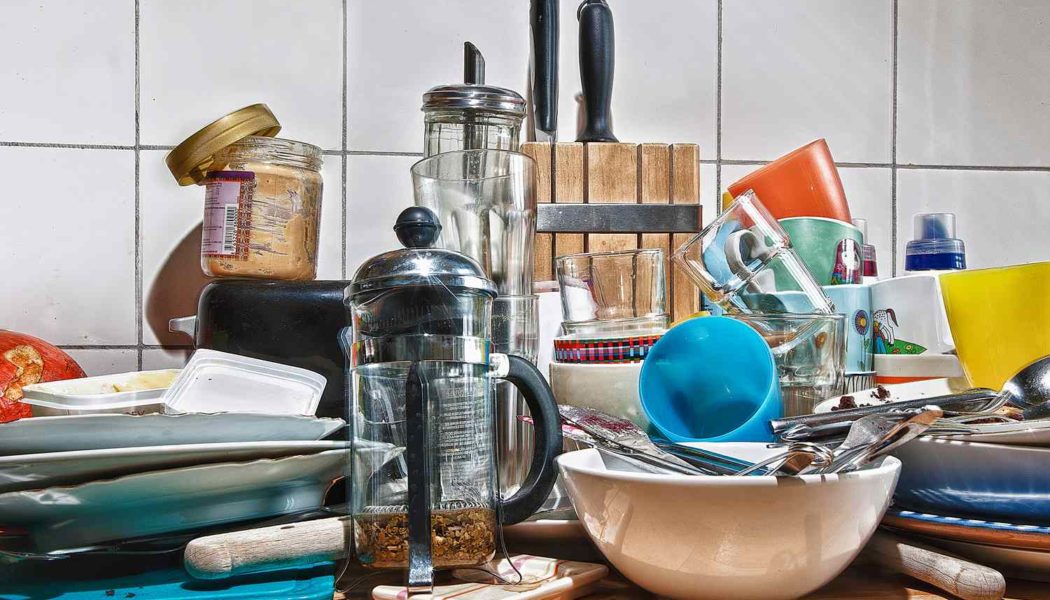:max_bytes(150000):strip_icc()/The-Most-Contaminated-Surface-In-Your-Kitchen-FT-BLOG0123-4e8e070ecc5f400e844fe11592e4d2de.jpg)
You likely already know a lot about how to safely cook your food. From ensuring meats are cooked to the right temperature to washing your veggies, there’s a lot you can do to avoid food contamination. However, according to a new study, there’s one area in your kitchen you likely didn’t realize could be festering with germs.
In a study published in the November issue of the Journal of Food Protection, researchers led by Donald Schaffner, a professor in the Department of Food Science at the Rutgers School of Environmental and Biological Science, shared the results of their study that measured the “prevalence and degree of cross-contamination across a variety of kitchen surfaces during a consumer meal preparation event.” And the place the researchers found to have the highest amount of cross-contamination is…your spice jars.
Yes, it’s not your counters, sink, or cutting board, but your spice jars that may be harboring the most bacteria in your kitchen. To come to this conclusion, the team asked 371 participants to prepare a meal consisting of turkey patties (which contained the bacteriophage MS2, which is not harmful to humans, as a tracer organism) and a ready-to-eat lettuce salad.
During the experiment, the team explained, half of the participants were shown a video on proper thermometer use. Following the meal prep, the researchers took environmental samples to assess cross-contamination with MS2.
“For most surfaces, positivity did not exceed 20%, with the exception of spice containers, for which 48% of the samples showed evidence of MS2 cross-contamination,” the researchers shared in the results, noting that their other measurements across surfaces were in line with previous studies done on cross-contamination.
“We were surprised because we had not seen evidence of spice container contamination before,” Schaffner shared with Food Safety News. “Most research on the cross-contamination of kitchen surfaces due to handling of raw meat or poultry products has focused on kitchen cutting boards or faucet handles and has neglected surfaces like spice containers, trash bin lids, and other kitchen utensils. This makes this study and similar studies from members of this group more comprehensive than previous studies.”
The moral here is likely a clear one, but if you need a little guidance, it’s this: Clean everything you touch — including spice jars — following meal prep. And maybe snag a few kitchen cleaning gadgets while you’re at it.







